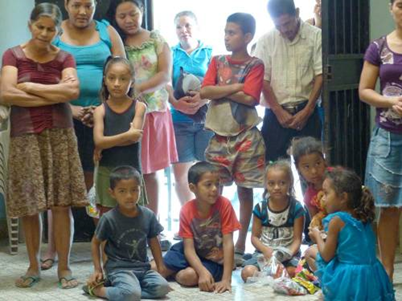Over the last century, the U.S. military intervention leading to the overthrow of democratically elected governments—or its support for tyrannical regimes—has played an important role in the instability, poverty, and violence that drives tens of thousands of people from the Central American countries toward Mexico and the United States. Guatemala: U.S. government support to the Guatemalan military was responsible for most of the human rights abuses committed during the 36-year war (1960-86) in which 200,000 people (mostly Mayan indigenous) were killed in what is now recognized as genocide. El Salvador: During the 1980s, the US sent $1-$2million in military aid per day. U.S. officers took over key positions at top levels of the Salvadoran military during the 12-yr war (1979-1992). More than 75,000 people were murdered or “disappeared,” while 20% of the population fled the country as refugees to Mexico and the US. Honduras: In 2009, President Manuel Zelaya, a liberal reformist, was ousted in a military coup (conducted by officers trained at the infamous School of the Americas). The U.S. refused to call it a coup while working to ensure that Zelaya did not return to power, in flagrant contradiction to the wishes of the Organization of American States. Today, there is routine violent crackdown by the police and military on the pro-democracy movement.
- Home
- About Us
- Issues
- Countries
- Rapid Response Network
- Young Adults
- Get Involved
- Calendar
- Donate
- Blog

